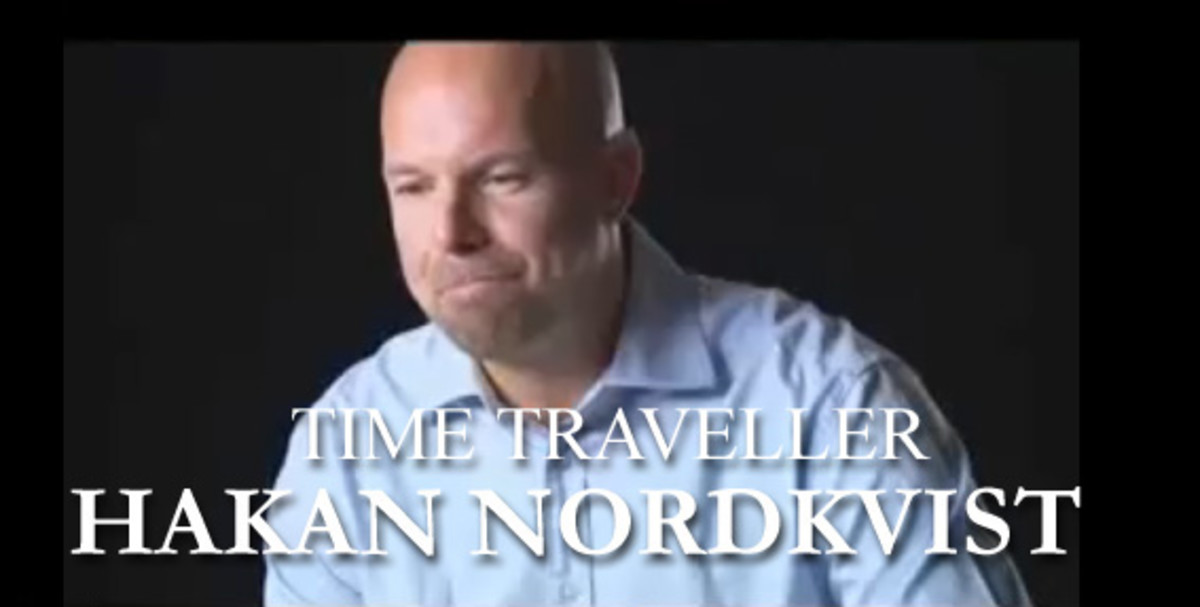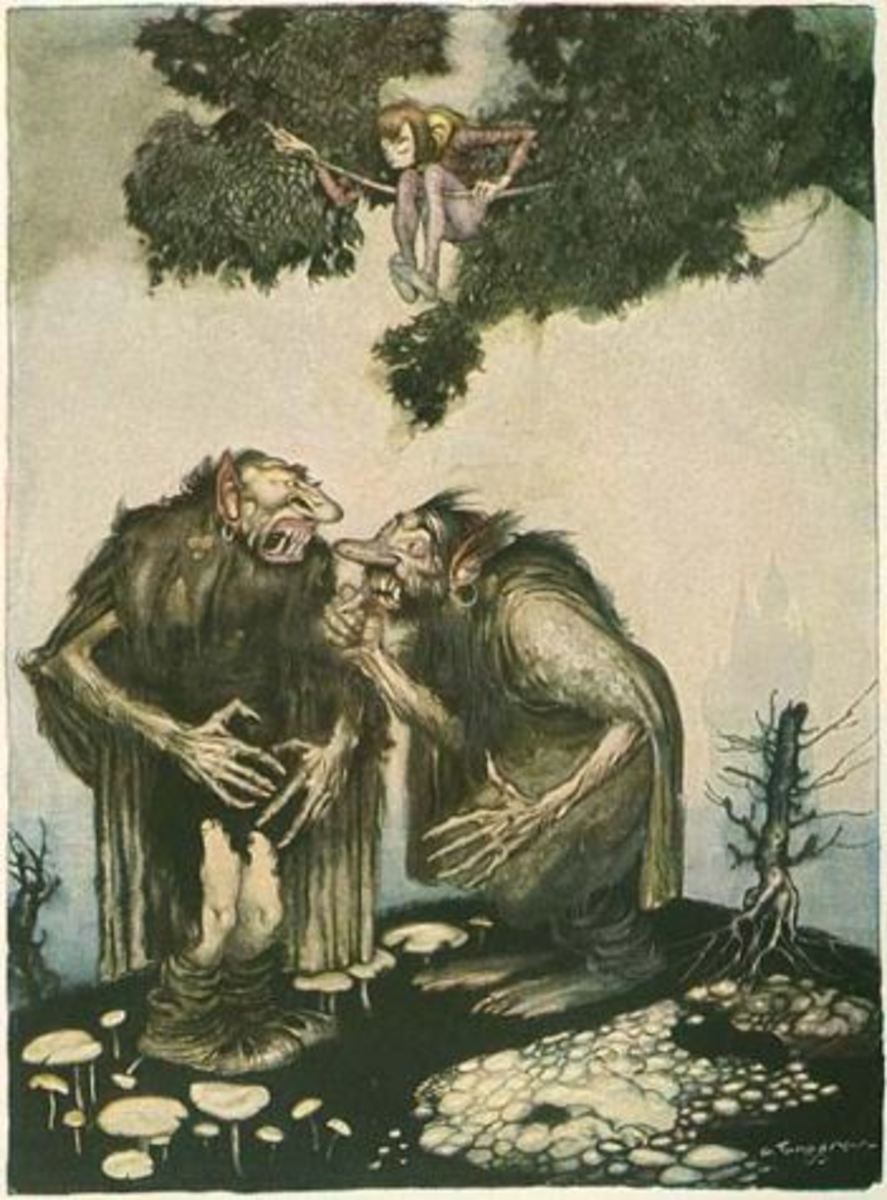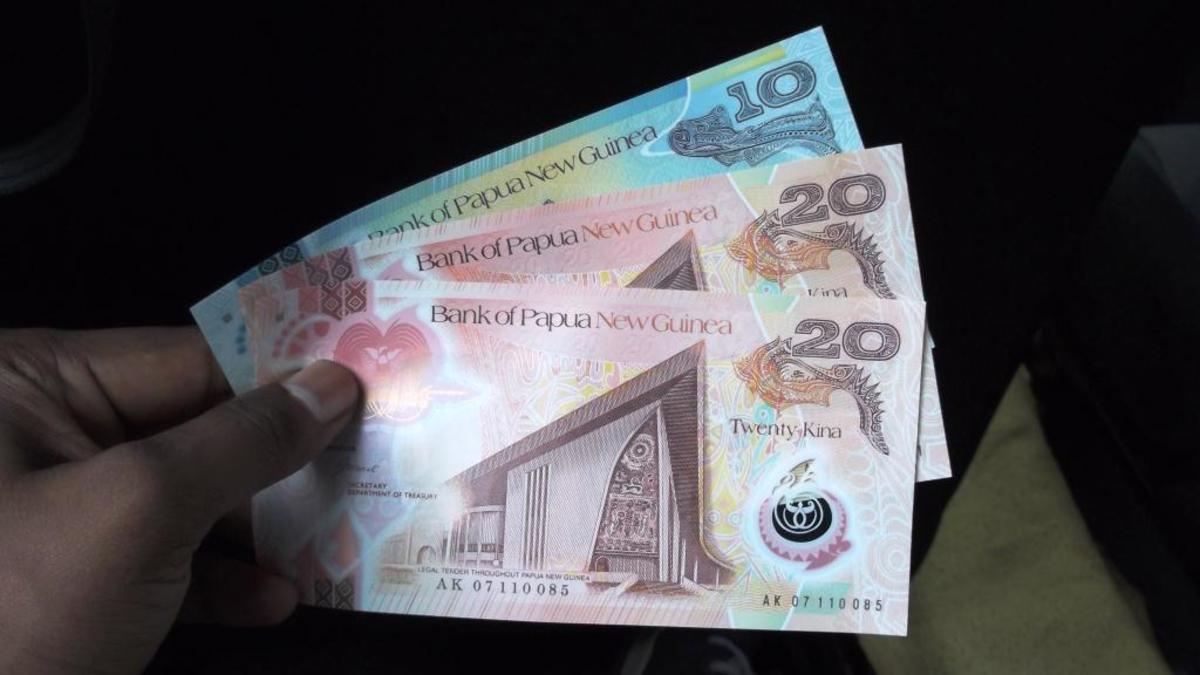- HubPages»
- Books, Literature, and Writing»
- Commercial & Creative Writing»
- Creative Writing
Breath of Hope, a Short Story
Probably October, First Year After the End of the World
Austin introduced himself so eagerly that I thought he used to be a used car salesman.
I introduced myself, "Kayley." But then he talked to a couple other people, too, asking them to leave the evacuation point with him. I wondered about the rumors of those who would hand out poison soup. A simple way and cheap to take care of the refugee problem, if not a moral one.
Then I saw that guards were coming in. Armed. They were here to handle the refugees. Either with bullets now or processing to camps like the one I’d just escaped. I had to make a decision of staying here longer - in a crowd clearly hoping for safe loading onto a bus or train.
He offered a way away. If he was wrong, I figured I could take the next convoy to safety. Or, worst case, later end up like I already had for weeks.
And with fewer people after this trip, it would be safer. I now understood that there was no longer safety in the wild torrent of refugees. I reminded myself of the letters and promise of Grant’s Pass. Safety, certainty, and welcome. If I could get there. All I had to do was get there. But first I had to live. I chose to follow Austin.
We zigged through buildings. He kept a hard pace, trying to run without looking like running. No one else followed him but me.
I was starting to wonder about where he was leading easy marks away to be robbed when we hid from an armed patrol. I now shared his fear. The local governments don’t bring in patrols when evacuating people to safety, only crowd control.
We were three blocks away when the screaming started. Austin whispered over the yelling we were now running from. “The checkpoints are merely to gain control of the flow of refugees. The round ups are supposed to prevent survivors from staying in areas that will be burned out. Claim to sort out the healthy and put them where they can be safe. Round up the sick and either cure or kill them. Since there aren’t any cures yet, and if you were in the crowd and in contact with someone infected, you can guess what the real resolution is.”
Unless you’re immune, I thought. But I said nothing. I’d gotten sick at a quiet Mormon farm a few weeks before. They’d taken me in, hoping to make me a younger wife. But I’d been exposed to some disease prior, and brought it with me until I succumbed there. They nursed me as best they could, not knowing that I’d cowered while others had died of what I thought I’d die of. And as I started to get better, they had hope. Even as they themselves grew ill. And with so many sick, I couldn’t tend to everyone. Maybe thirty people, total. I tried to take care of those who’d taken care of me the most. Then I tried to take care of those that seemed to have the best chance of living, given how sick they all were. I held out hope of the last two or three being immune like me. Then the cold or worse I’d had was followed up by a high fever. Secondary infection, the former midwife / nurse had told me. Even if they were immune to one disease, they could still die of another disease they weren’t immune to. And bacteria are in the air, in the water, on our skin. I could have even given it to them by not sterilizing the needles for the IVs right, when I put them in right to try to keep her from dying. I cried for a couple of days, the pain of losing my first family all over again, while many times worse.
My family died while almost all the neighbors did, too. I was one of the first sick, and Mom had died before I could even get out of bed. I was resistant, maybe. Got sick but got better.
This second loss was worse. I had come and killed them, even if by accident. And those who might have lived still died, because of me. It was my fault.
If I told him I’d been sick – even if recovered – Austin might abandon me.
“How do you know that?” I asked. I had the hurriedly hand written letters that there was a commune or community with supplies and sustainable industry in place and had already started working on cures – and my family missed the rendezvous, but can we make it? If he knew about diseases, maybe he knew about Grants’ Pass search for a cure.
“Did you know that the military is setting up quarantine camps in jails and military bases for SARS patients? There is tuberculosis, too. People are supposed to be vaccinated against it, but people are still getting sick Plus biowarfare strains that no one talks about but testing for. And all three diseases are lethal unless you won the genetic lottery.” I desperately tried not to look guilty, but was too winded from our running to look more than tired.
“They’re separating out the sick from the healthy. Won’t that save lives?”
“This isn’t an effort to separate the two groups. The bad part of rounding everyone up for `processing’, they spread diseases among the refugees – including ones who aren’t infected yet. The currently healthy will get sick. The only sorting will be of the few survivors left in the camps. The proven Immunes will become serum donors for those who are worthy of the serum.”
We’d zigged and zagged and cut through buildings. Now the route was straight. Down. This was a sewer drain. It was like homeless people used to be, though they’d been among the first rounded up during outbreaks. They’d been assumed sources of outbreaks. If there were people down here now, they were homeless while running for bombs and disease and violence. Like me.
“Are you sure this is safe, to be down here?”
“I worked with the homeless, before the war. I know this territory.”
He said he knew it. I didn’t. And it was dangerous to be out in a round up. I decided to follow.
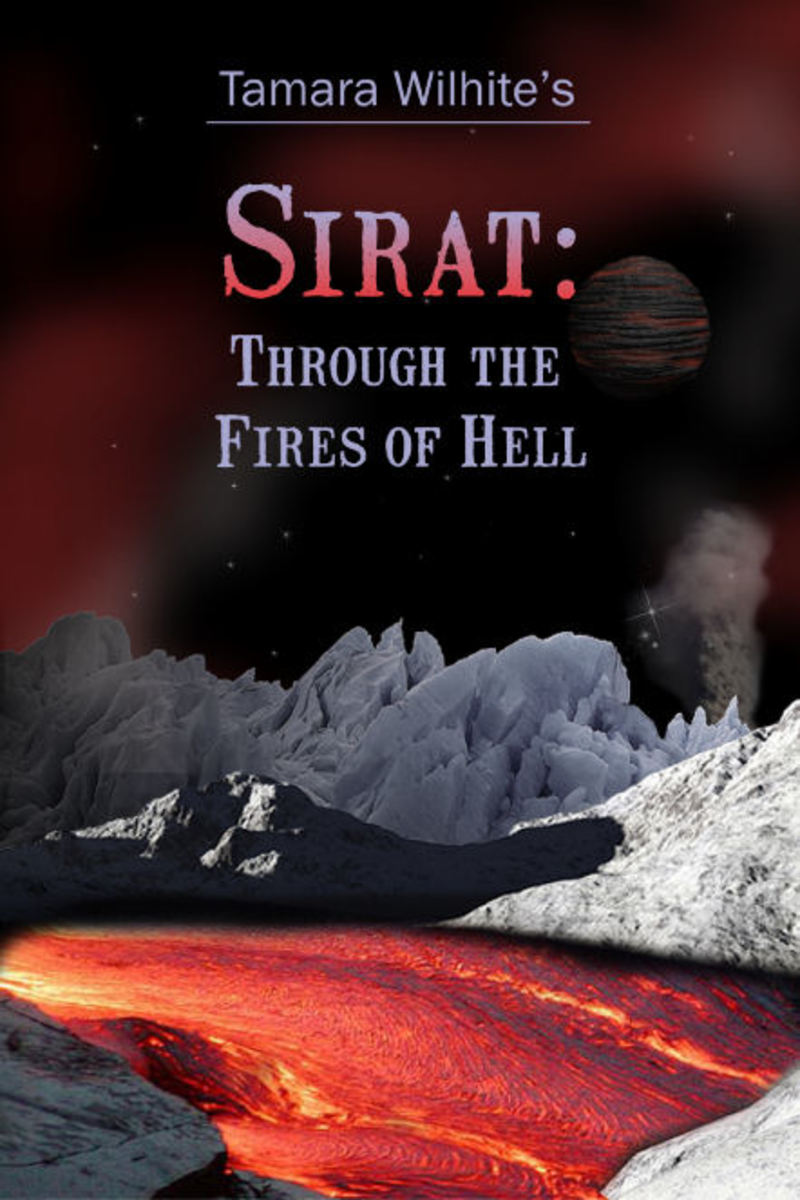
History Lessons
“How do you know about the serum from Immunes in the refugee camps then?” Austin asked me once speech seemed safe.
“I spent 5 weeks in the camp for the infected. Most people were dead within a week of the cough starting. It didn’t matter whether it was TB or the flu or something new. If you got sick, you died.”
“You didn’t get sick.”
“Yes, I did. I did get sick.”
“You said that those who got sick died.”
“I won the genetic lottery,” he said. I felt a flare of hope. Someone like me? Maybe he was resistant but not immune.
“Did they let you go after you were healthy?”
“No.”
“How did you get free?” I asked.
“The camp doctors realized: here stands the cure for what ills them. I was the first Immune found for that particular disease. I don’t know the name, there are at least half a dozen others literally floating around. However, I was a walking hope for a cure for that crud. Maybe they’d use me to figure out what enzyme my body made to kill the crud. I was set to be transported to a supposedly safer facility to be studied. It was an accident that I found out that study included dissection.”
“And how did you get free?” he repeated.
“I told a passing patient that I had the cure, and that he could have it if he got me out. He’d been a high ranking guard, infected intentionally by patient prisoners.” Austin paused for a moment. “And he knew that I’d been sick before, and that I wasn’t sick now. My story spread like wildfire. Those just starting to get sick made their demands and were ready to fight for their survival, and a lot of them were now guards and doctors and nurses and soldiers who’d been infected by those they’d let die around me. They wanted the cure I represented, and were willing to fight and die for it. In the chaos, I escaped.”
Despite sitting in a burned out homeless nest in a sewer pipe, I only suddenly felt sick. “You lied to them. And they all died because of it.”
“No. I told him the truth. There was a cure, and I had it.”
“You can’t be sure that the study they were going to do meant they’d kill you –“
“It didn’t matter to them if I saw the codes on the tag they put on me because so few people worked in that line of biomedical research. Fortunately, I worked on cadavers all the time. I knew what it meant.”
“You said you worked with the homeless.”
“I did.” He paused, almost appearing guilty. Or afraid of me knowing the truth and hating him. “I usually worked with them after they’d died from exposure.”
“Then how did you know where all these shelters and hiding places and caches of supplies are?”
“When I was a grad student, I interviewed the homeless to understand the disease risks they posed, to both themselves and to everyone else. Where do you live? Where do you find food if a soup kitchen isn’t available? Ask the questions a thousand times, and you learn. During the first outbreaks, I continued interviewing those transients to find out how the pandemics were spreading in an effort to help stop it.”
“Were you able to help them?”
“I told law enforcement where to find the remaining loose ones so they could be quarantined. It was only when I was in the camp myself that I found out that they had no chance of surviving there. Even those who were Immune, they’d be used up as immunofactor serum factories – literally drained dry. Perhaps dissection was a less painful fate. You go to sleep and never wake up. Better than being a vampire’s host for painful weeks on end, knowing it won’t end until your end comes.”
He closed his eyes and rested his head against the concrete wall. It was covered with graffiti and moss. “The meek are supposed to inherit the Earth. If the meek are to inherit the earth, they just might have been it.”
Austin laughed out a harsh laugh. He cut himself off as it echoed up through the pipes, possibly heard on the surface. “If civilization falls apart, they’ve got nowhere to go but up; they’re already at the bottom.” He banged a fist on a metal ladder leading up to the street above. “And I thought I couldn’t go any lower than being a dissected like those I’d dissected!” Austin started giggling hysterically.
I started to climb the ladder to the street to get away from the mad murderer. There was a sudden eruption of gunfire right above us. Austin’s mouth slammed shut at the sound, his eyes darting back and forth at the sound. He’d lost his soul and his sanity, but survival was too strong a habit. I debated whether down here with a mad man was worse than up there with sane men with guns. I decided the single crazy guy was worth the risk. He had, after all, likely saved my life, so I wasn’t going to throw it away now.
“How long do we need to stay down here?” I asked, back down at his level and backing away from him.
“The military is rounding up the stragglers. Those who won’t come will be killed, to make sure no one leaves the area and possibly spreads disease. Then comes the cleansing sterilization routine. Trial by fire, so that not even the pigeons and squirrels can escape, nasty little disease vectors. We’ll wait until after they burn the place down. It’ll be sterilized, disease free, and terra incognita. We can rise like Phoenix from the ashes.”
“If they burn it –“
“Then we go down to the sewer pipes and sit in the water.”
“It’s sewer water! There could be germs –“
“Hey! I’m the disease expert!” Austin barked out another round of laughter before the sound of gunfire grew closer. “Since the massive summer storms caused by nuclear winter, we’ve had tons of rain. And few people are using the plumbing, with the power off.” He sounded so academic, so professional, and so calm. He was Immune, and he was crazy. If I survived what he’d survived, would I be that way to? I didn’t want to be like him. Austin grinned an idiot’s smile. “This water is protection from the fire storm that will be coming. Unless you want to go up -”
Gunfire and shouts of a few refugee hold outs fighting back for their freedom forced my hand away from its hovering near the ladder. Those who didn’t evacuate or get shot would die by fire. All bad.
We waded for a few hours to a central four way intersection. The only deciding factor I could decide he was following was that it was absolutely away from the sound of all gunfire.
It was jet black in there but for his manually pumped flashlight. He started to head down a shaft that literally ran down. I hesitated. “Trust me.”
“Those are the two most untrustworthy words in the English language,” I said, hating sounding like my dead father when I had asked to go out with friends.
“I did my graduate work in disease pathology. My bachelor’s was in waste management. I didn’t learn about sewers only by listening to crazy cat ladies.”
Austin talked about this town’s sewer system while we waited. Lots of engineering terms that made little sense. I interrupted. “Why here?”
“If they torch the town and any of that hot napalm comes down a drain, burning debris will wash in the opposite direction. Away from the rain overflow that’s pushing the water away from us now.”
“What if they torch the industrial areas?” I asked.
“The natural gas tank to our right has already burned down. The fertilizer manufacturing plant to our left became a giant ball of fire in a bombing a few months ago. Water from overflowing creeks in those two directions will push any burning debris away from us. When the clean up is over and cooled down, we can exit that way.” He pointed in his supposed safe direction.
“But a chemical plant is not safe –“
A horrible screaming filled the air. My chest reverberated from the blasts above ground. The world grew a hazy orange around us as light filtered in from a hundred directions, from drains at ground level and reflecting off pipes and man holes left uncovered and even cracks in the ground. The dark abyss grew too bright for eyes trying to see in the dark.
If I had been above ground, it certainly would have killed me. Traces of burning whatnot swept down pipes as Austin had described. Austin laughed at my fear and delighted at being proven right.
The air became hot and smelled toxic. “Smoke rises. This air stinks, but it is safe to breathe.”
“Until the fire uses all the air up?”
He said nothing. He hadn’t thought of that. We sat down in the running water and tried to breathe slow at the worry that the cleansing fire might use up our oxygen.
Time ceased to matter; the sunlight or firelight filtering through the cracks in the ground gave light all the time. The fetid smell faded as all the methane gas was burned away.
I sat down on a concrete corner. I felt light headed. Oxygen deprivation? Fatigue? I put my head between my legs to breathe. I passed out.
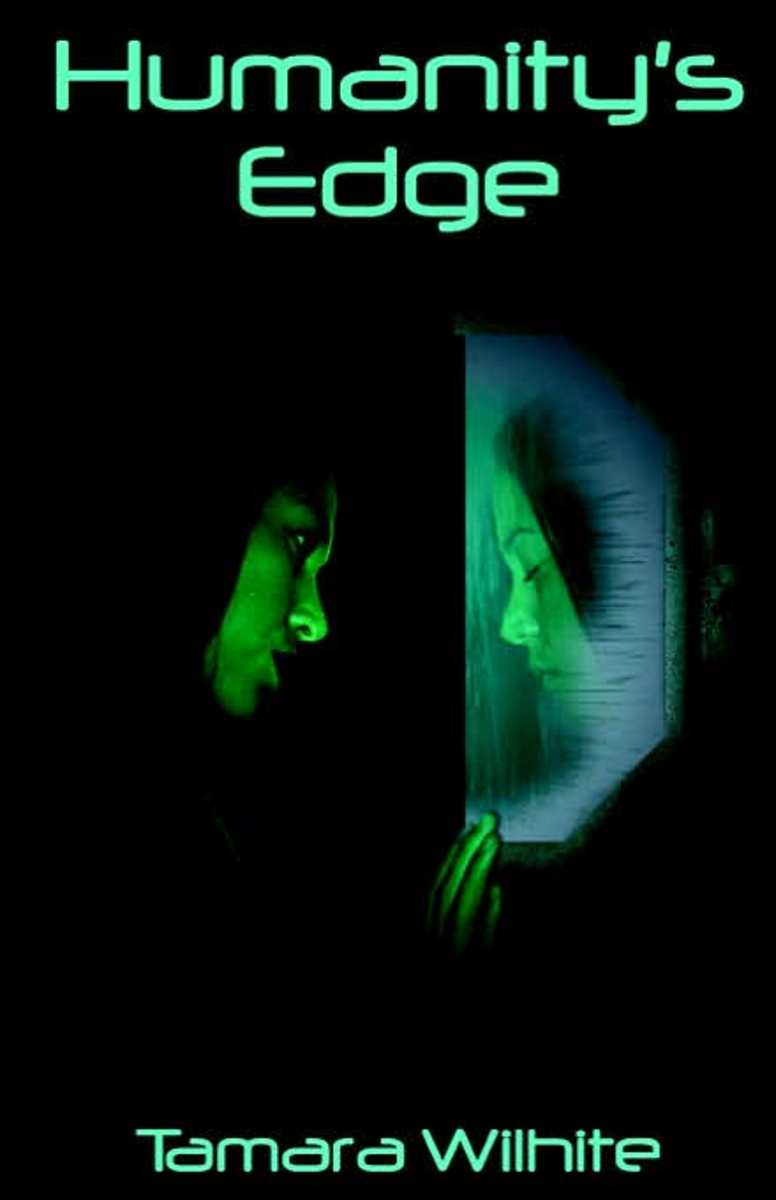
Life in the Darkness
I woke to a massive cramp. I’d slept for hours in that position. At least I hadn’t fallen into the muck. Or been raped. I looked to see what Austin was doing. He was eating.
Austin offered me a snack cracker pack. Just like off the store shelf. Cheese and peanut butter crackers, all still in the wrapper. Nearly a pound of protein and starch. “I may have learned how to eat like a wino, but I prefer gourmet,” Austin said.
I took the food, careful to only touch the plastic and not him. I wondered about giving him forgiveness for his sins, for helping murder innocent people. Yet he’d helped save me. After much debate, in the end, I offered him nothing in return.
“Why don’t you want contact with me?” Austin asked, finally breaking the silence.
“You’re a disease expert, Austin. Why would I not?” I let him interpret that as he would.
He refused to even look at me after that. He rocked silently for a long time, looking more and more like those tortured souls I’d so often ignored on city streets so long ago. They were just part of the scenery now, like green trees used to be by the side of the road. “I’m leaving you alone, Austin. That’s my gift to you.” He shuddered at the words, I guessed at the supposition that I was admitting I was infected. He said nothing to me and let out a stream of too many words to the ghosts around us.
I climbed to the surface. Like a phoenix, I was ready to rise up and fly away.
All I needed to do was stay alive until the way was safe to a safe zone. And being inside the fire bombed perimeter, there was no more danger to me. If I wasn’t sick now, then I was most likely immune. And I could no longer be a danger to anyone I encountered. And, maybe, could offer to nurse those who were sick in exchange for supplies from their friends. That would be a better way to make up for my past mistakes than living with guilt.
I climbed up out of the gutter. The fresh, clearing air gave me a literal breath of hope.

